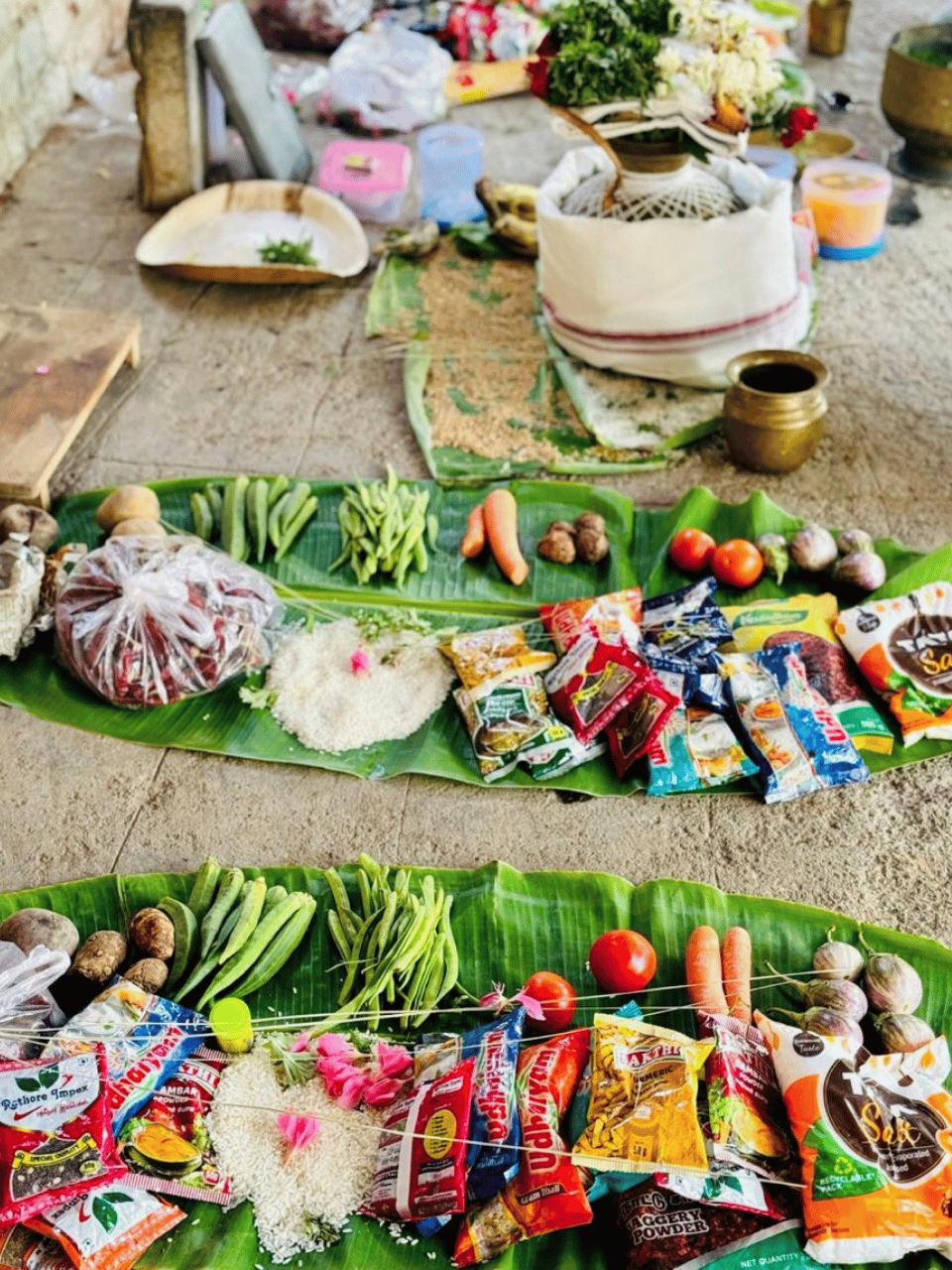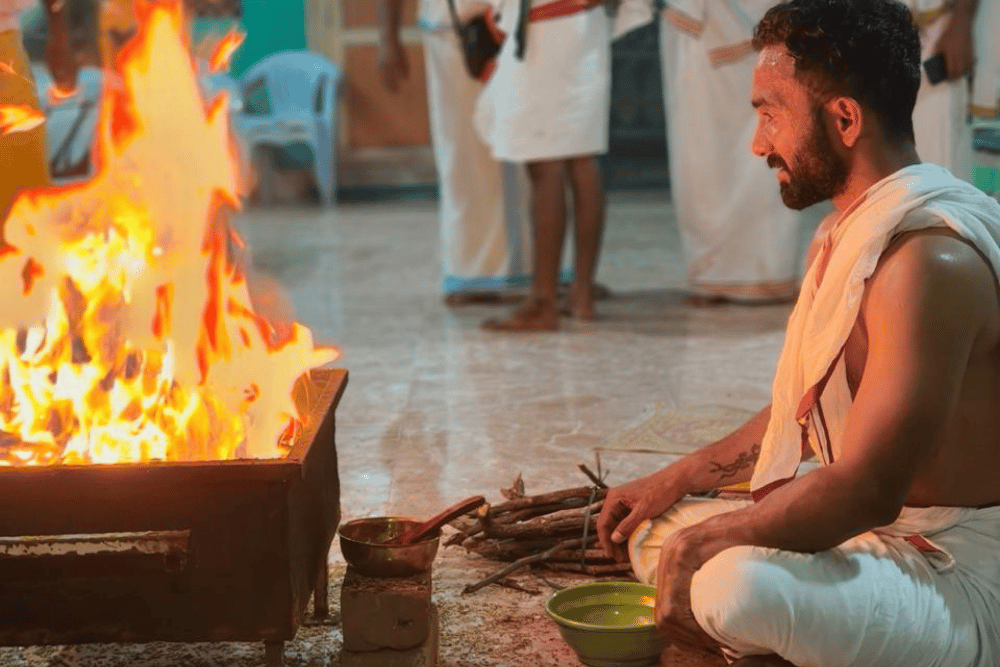Thithi In Rameswaram
The thithi ceremony is a ritual (pooja) performed annually to honour and seek blessings from your loveable ancestors. The ceremony is conducted annually on the same date (tamil thithi) as the individuals death anniversary, known as “thithi.” If you don’t know the exact tamil thithi we will see the thithi (date as per Shastra) in panchangam and inform you the exact date for performing this pooja in rameswaram.
Get a Free Consultation


